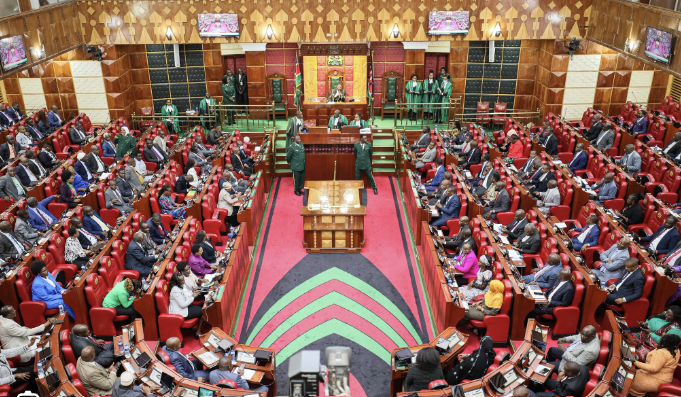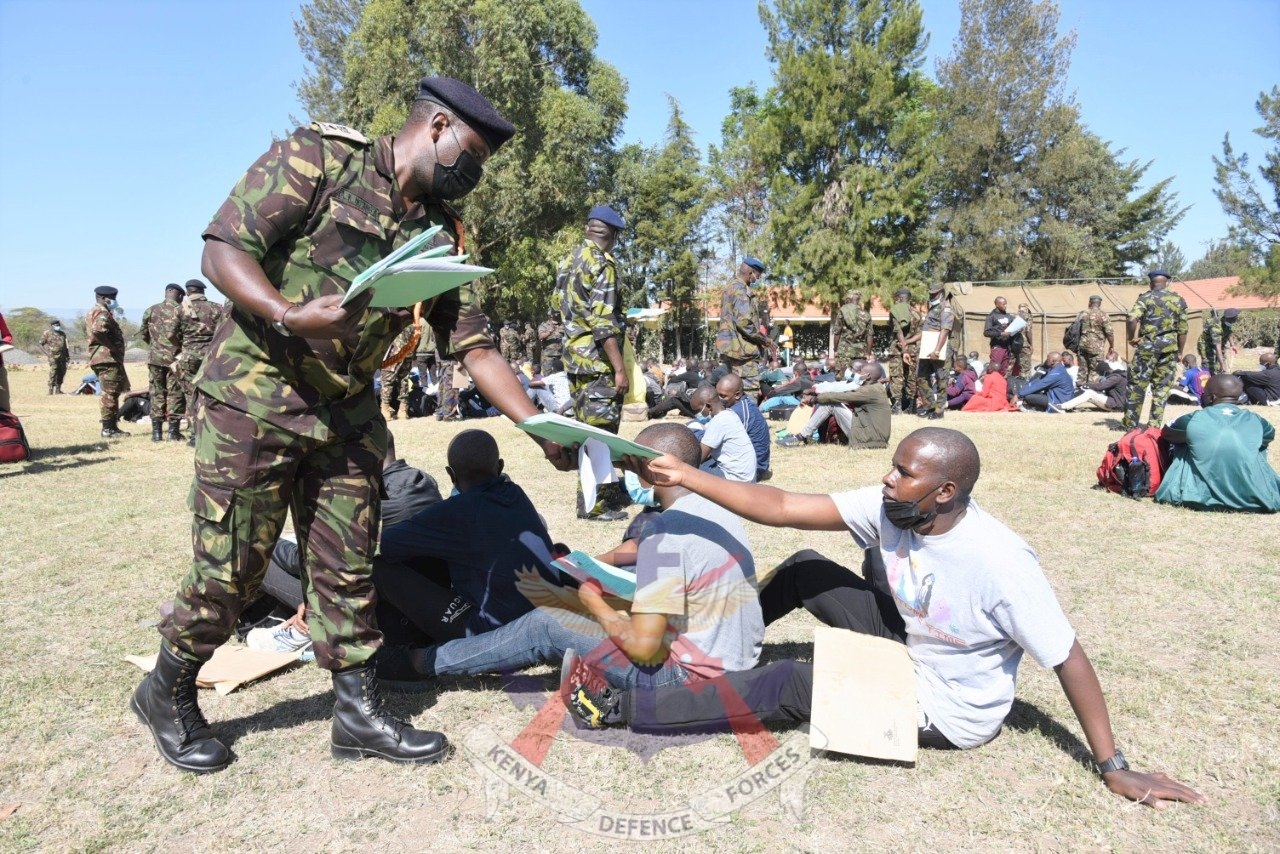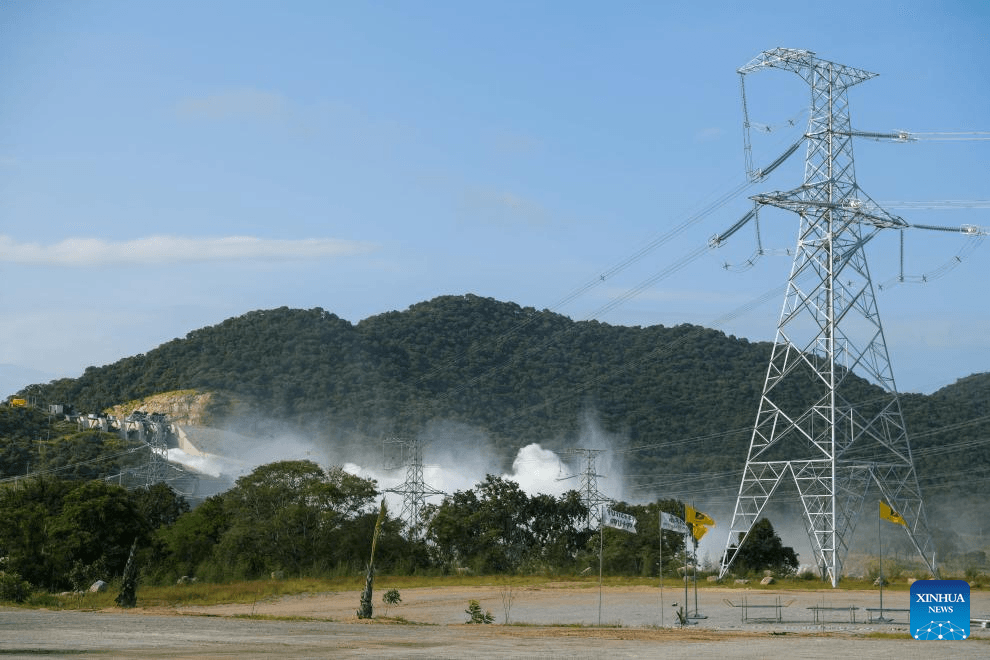
The two-thirds gender principle has been dealt a blow after MPs proposed to delay the implementation of the top-up plan proposed in the Nadco process.
The National Dialogue Committee, through the task force on the two-thirds gender rule, had recommended the top-up be implemented in the current Parliament.
The proposed amendments to the constitution in Articles 97 and Article 98 were to ensure not more than two-thirds of MPs are of the same gender.
New clauses were introduced to provide that when an election does not achieve the required thirds, parties were to fill the additional special seats.
The proponents provided that IEBC enforce the new law immediately and add the new members to the current Parliament.
If that’s the case, at least 53 persons were to be nominated to the National Assembly and two to the Senate as among efforts to address the gender shortfall.
However, members of the National Assembly Justice and Legal Affairs committee have shot down the proposal for immediate top-up terming it ‘overly ambitious’.
“The committee noted the proposal would pose significant implementation challenges during the term of the current Parliament,” JLAC said.
The Tharaka MP Gitonga Murugara-led team said, “It will be neater to implement the proposals after the term of the current Parliament. The proposal is too ambitious and cannot be implemented in the current Parliament”.
Rarieda MP Otiende Amollo said the proposed changes require a referendum “as it relates to the sovereignty of the people”.
“It indirectly affects the functions of Parliament by enlarging the membership of the two Houses through top-up seats,” he said.
The recommendation, albeit awaiting a decision of MPs in plenary, may dash the hopes of dozens of women who were eying the seats.
The two-thirds gender task force proposed that more MPs be nominated to the National Assembly and Senate.
The team, which was appointed by, then Gender and Public Service CS Aisha Jumwa, recommended that eligible parties proportionately nominate the MPs.
Currently, there are 81 women in the National Assembly and 21 in the Senate. National Assembly has 268 men – which constitutes 76.8 per cent, against a population of 81 women which constitutes 23.2 per cent.
Senate on the other hand has 46 men – both elected from the counties and nominated, hence 23 women are required to meet the gender principle.
Because there are already 21 women Senators, only two are required to meet the gender principle.
The task force recommended that after every election, the missing gender would be topped up using zebra party lists. In the event no woman is elected, the task force projected that 104 more women will be nominated to the National Assembly and seven more to the Senate.
This would see the National Assembly have 453 members and the Senate 74, setting the stage for a higher wage bill.
Should the proposed gender top-ups sail through, the cost of salaries [minus allowances] would increase from Sh832 million to Sh906 million [ 453 MPs].
MPs get a car loan [cheaper than the prevailing market rate], mortgage and comprehensive health cover for their spouses and children.
Besides the salary, MPs are entitled to several other benefits, which have always been a cause of concern for proponents of a lean public service.
The topping-up number of 104 women was to be allocated by IEBC to qualifying political parties proportionate to their strength in the relevant house.
The Daisy Amadany and PS Anne Wangombe-led team reviewed 10 possible scenarios before settling on top-up as a way out.
The two-thirds gender debacle is long-drawn, dealing a blow to certified persons with disabilities, youth, marginalised groups and minorities.
Parliament has been unable to implement the two-thirds rule despite several attempts.
Former Chief Justice David Maraga advised then President Uhuru Kenyatta to dissolve 12th Parliament for breaching the gender law.
Experts considered other scenarios
including doubling the Woman MP
seats, tripling the same, or proportionate increase of the seats.












